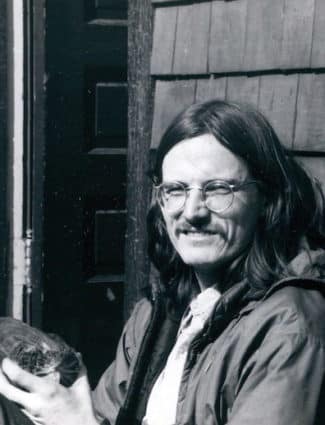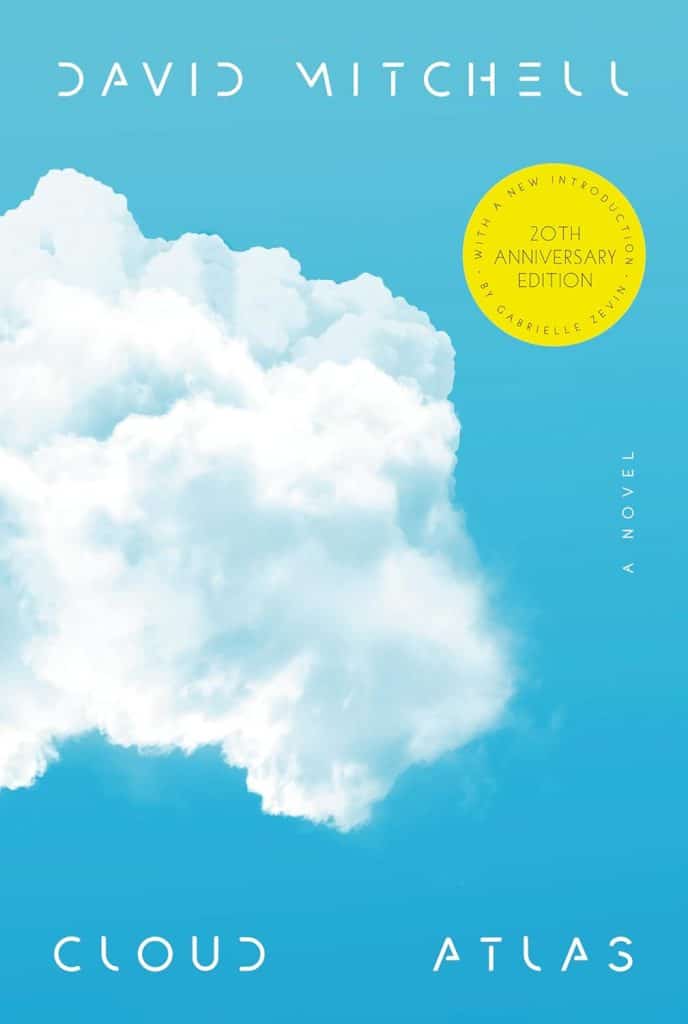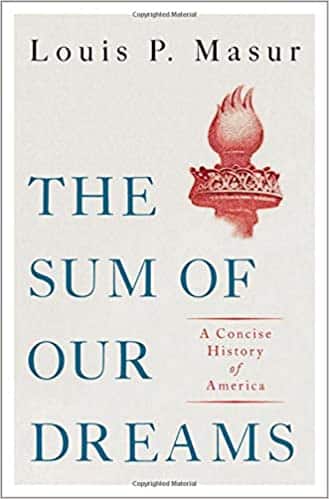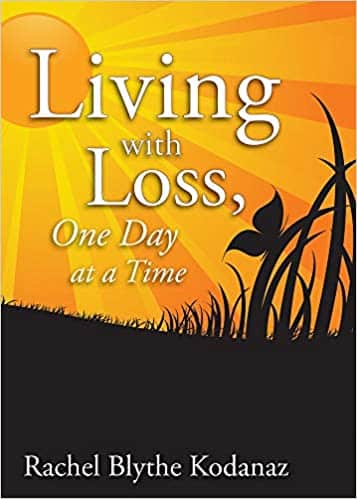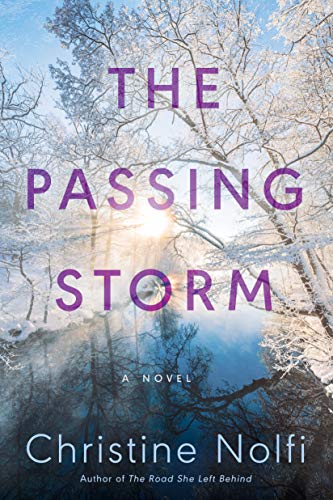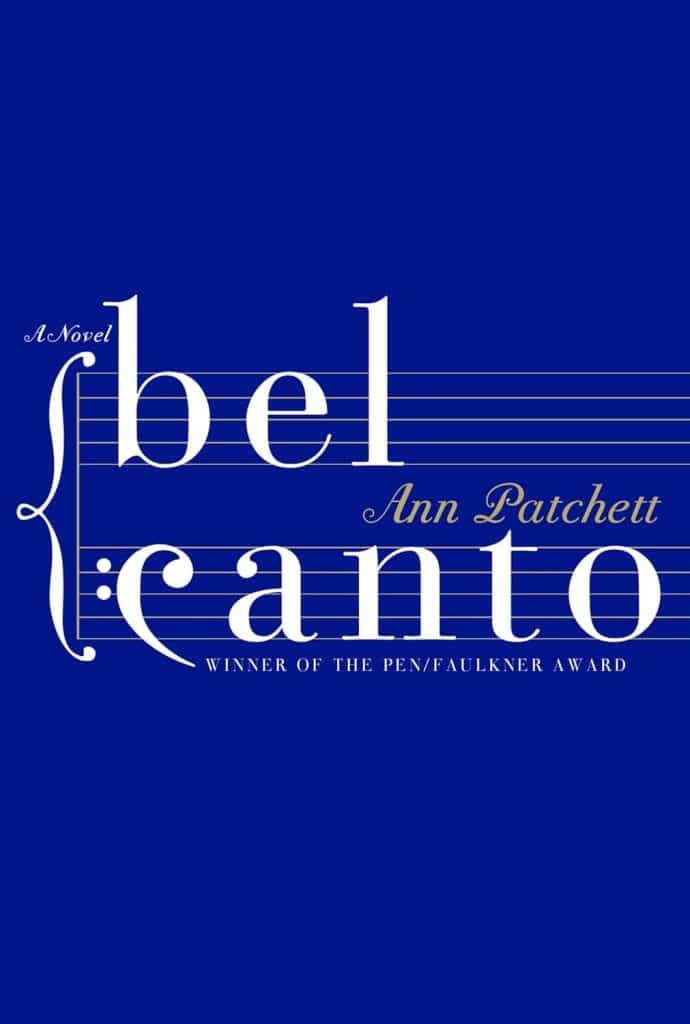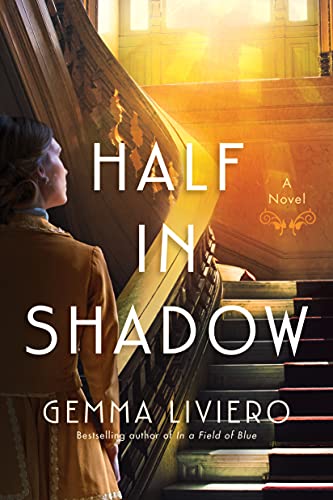
Yet Another Sunday That Was Not Super
Fifty-eight Missed Super Bowls and Counting
Estimated reading time: 1 minute, 2 secondsI hung out with some friends in January 1967 on a warm afternoon in Panama City, Florida. Even though the AFL-NFL World Championship Game, featuring the Packers and the Chiefs, was taking place in Los Angeles, we should have paid more attention to it. We stopped at the Lucille Moore Elementary School just before the game started to play football. We were part of the Students for LBJ group and weren’t part of the popular crowd.
I started college in the fall and skipped watching championship games. Even though I attended Game 5 of the 1973 World Series, keeping up with sports other than baseball became less significant as I became a husband and father.
In 2015, my son Mike invited my wife Jan and me to his apartment to watch the Super Bowl XLIX with his future wife, Elyssa, and her parents. Being a dedicated fan of the New England Patriots, Mike was excited about the game, but Jan and I were more interested in getting to know Elyssa’s parents. We spent most of the afternoon chatting with Arlene about our shared love of books and recommending the series 11/22/63 based on Stephen King’s novel. Despite leaving early, we heard that the Patriots had won the next day, much to Mike’s delight.


